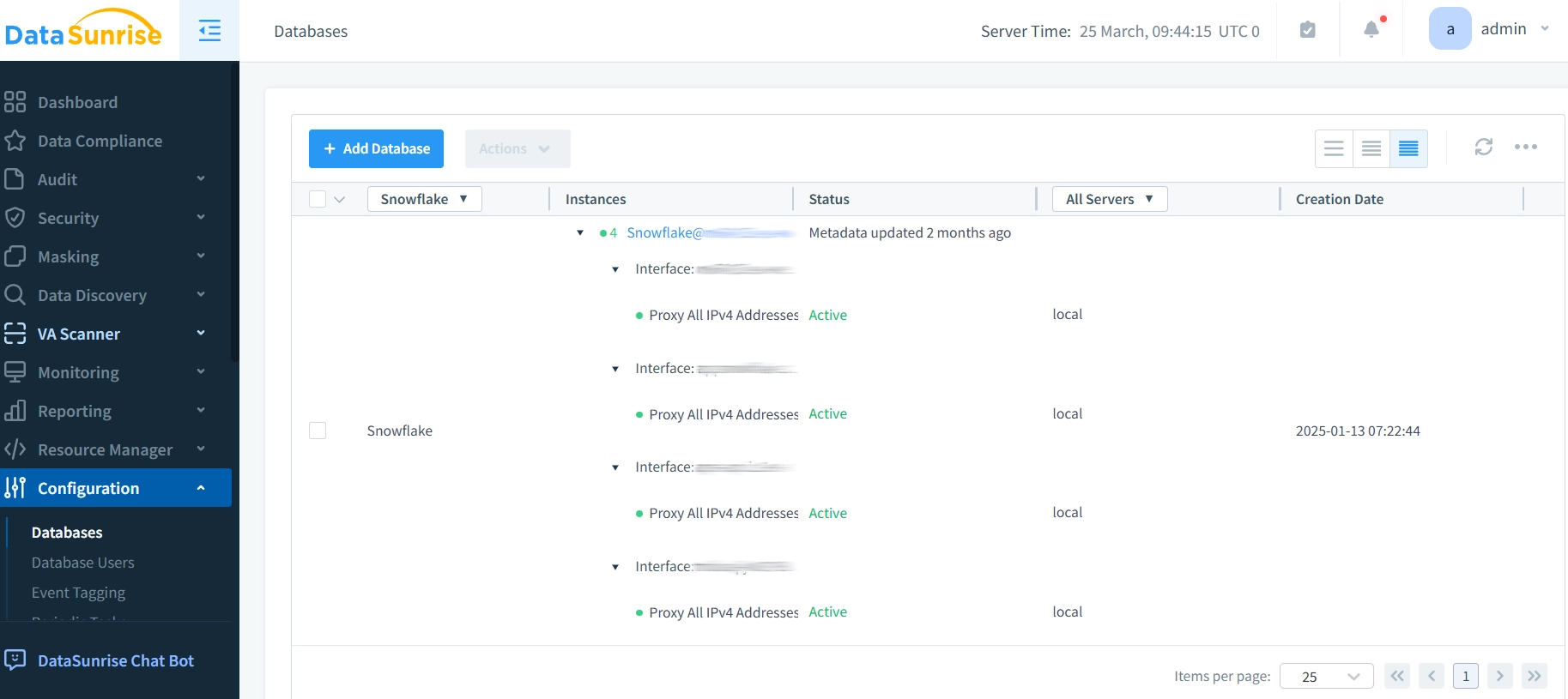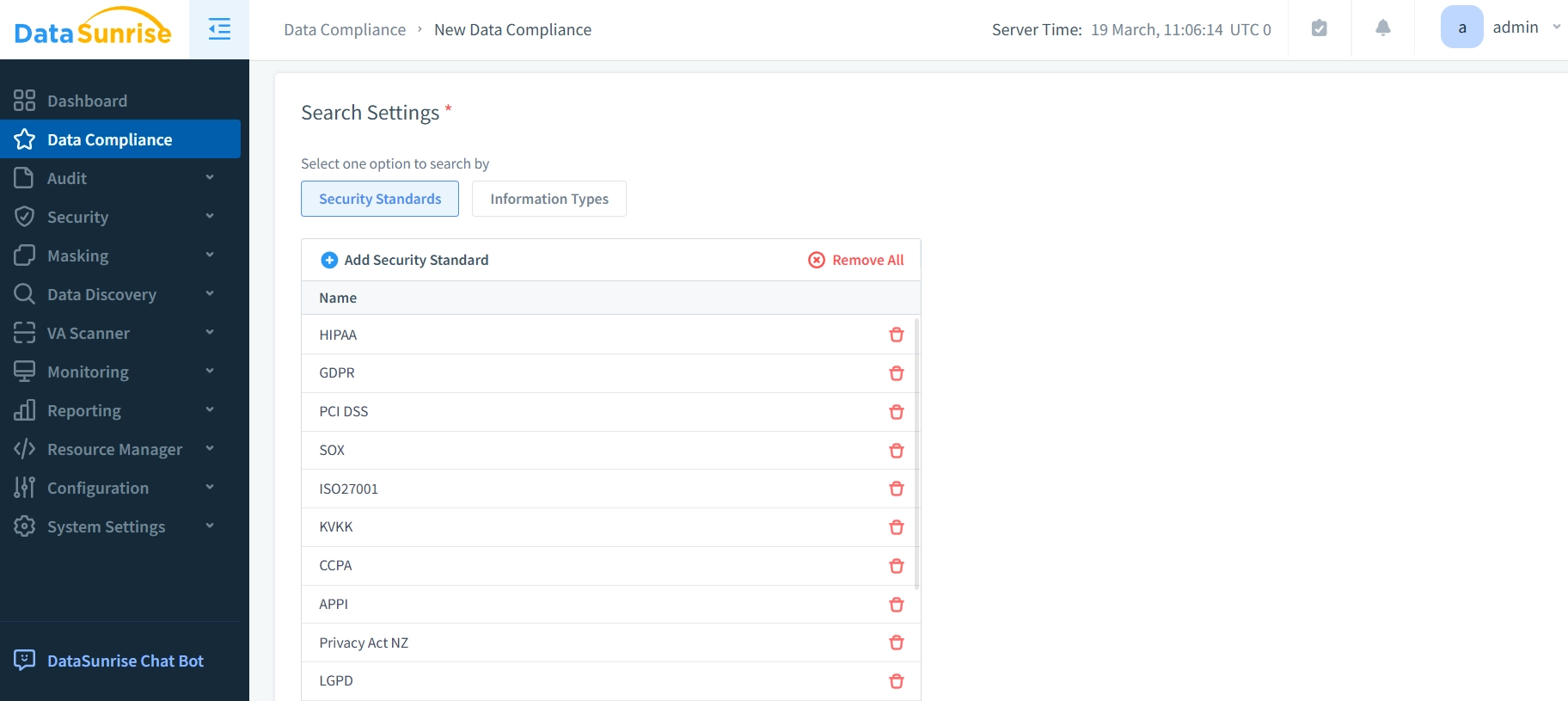NLP, LLM and ML Data Compliance Tools for Snowflake
In today’s data-driven landscape, implementing data compliance for Snowflake has become a strategic imperative. According to Forrester’s 2025 report, organizations leveraging advanced compliance tools identify threats 95% faster and reduce compliance costs by up to 62%. With data breach costs reaching $5.8 million in 2024 and organizations facing constant regulatory changes, traditional manual approaches cannot keep pace.
This article explores how advanced NLP, LLM, and ML technologies can integrate with Snowflake’s data governance to deliver No-Code Policy Automation that continuously adapts to evolving regulatory requirements while reducing administrative overhead.
Understanding Intelligent Compliance Challenges for Snowflake
Snowflake’s cloud-native architecture introduces several unique compliance considerations:
- Unstructured Data Complexity: Snowflake environments often contain unstructured data where sensitive information isn’t easily identified through standard pattern matching.
- Context-Dependent Sensitivity: The same data element may be sensitive or non-sensitive depending on its context, requiring intelligent analysis.
- Multi-Jurisdictional Compliance: Different regulatory frameworks apply simultaneously across regions, creating overlapping requirements.
- Language and Semantic Variations: Sensitive information can be expressed in multiple ways, requiring advanced NLP capabilities to identify conceptually similar content.
- Continuous Regulatory Evolution: Frameworks like GDPR, HIPAA, and PCI DSS evolve frequently, requiring intelligent systems that can adapt.
- Cross-Platform Data Movement: Enterprises frequently move data between Snowflake and other platforms, necessitating continuous data protection across heterogeneous environments.
Native Snowflake Capabilities and Limitations
Snowflake provides several built-in features that serve as building blocks for compliance:
1. Role-Based Access Control
-- Create specialized roles for compliance CREATE ROLE data_compliance_officer; CREATE ROLE nlp_data_scientist; -- Grant appropriate permissions GRANT SELECT ON DATABASE regulatory_reports TO ROLE data_compliance_officer; GRANT USAGE ON WAREHOUSE ai_compliance_wh TO ROLE nlp_data_scientist;
2. Dynamic Data Masking
-- Define masking for sensitive text data
CREATE OR REPLACE MASKING POLICY text_content_mask AS
(val STRING) RETURNS STRING ->
CASE
WHEN CURRENT_ROLE() IN ('COMPLIANCE_ADMIN', 'SECURITY_OFFICER') THEN val
ELSE REGEXP_REPLACE(val, '[A-Za-z0-9]', 'X')
END;
-- Apply the masking policy
ALTER TABLE unstructured_content MODIFY COLUMN text_data SET MASKING POLICY text_content_mask;
3. Row Access Policies
-- Create content-based access policy
CREATE OR REPLACE ROW ACCESS POLICY content_sensitivity_access AS
(sensitivity_score FLOAT) RETURNS BOOLEAN ->
CURRENT_ROLE() IN ('ADMIN') OR
(CURRENT_ROLE() IN ('ANALYST') AND sensitivity_score < 0.7) OR
(CURRENT_ROLE() IN ('DATA_SCIENTIST') AND sensitivity_score < 0.9);
-- Apply the policy
ALTER TABLE document_analysis ADD ROW ACCESS POLICY content_sensitivity_access ON (sensitivity_score);
While these native capabilities provide essential functionality, they present significant limitations for organizations implementing AI-powered compliance:
| Limitation | Impact on AI-Powered Compliance |
|---|---|
| No built-in NLP/LLM capabilities | Cannot leverage advanced text analysis for sensitive data in unstructured content |
| Manual sensitivity classification | Misses context-dependent sensitivity that AI models excel at detecting |
| Limited semantic understanding | Unable to identify conceptually similar sensitive content expressed differently |
| Static pattern matching | Cannot adapt to evolving language patterns used to describe sensitive information |
| No automated learning capabilities | Missing the ability to improve detection accuracy over time through feedback |
| Siloed compliance approach | Difficult to maintain consistent policies across diverse data environments |
For organizations handling large volumes of unstructured data or operating under complex regulatory requirements, these limitations necessitate more sophisticated AI-powered compliance solutions.
Transforming Snowflake Compliance with NLP, LLM & ML Technologies
The Database Regulatory Compliance Manager from DataSunrise revolutionizes Snowflake compliance through proprietary AI-powered technologies that address these limitations:
1. Natural Language Processing for Context-Aware Detection
Advanced NLP algorithms analyze text data within Snowflake to understand context and semantics, not just patterns. DataSunrise's dynamic data masking identifies sensitive information embedded within unstructured narratives, indirect references, and semantically similar variations of protected content.
2. Large Language Models for Policy Interpretation
Specialized LLMs understand regulatory frameworks in human terms, enabling automatic translation of complex regulations into enforceable policies. DataSunrise's data compliance solutions eliminate the need for SQL expertise, allowing security teams to define sophisticated policies using plain language.
3. Machine Learning for Behavioral Analysis
ML algorithms continuously analyze usage patterns within Snowflake to establish baselines and detect anomalies through user behavior analysis. DataSunrise implements this Behavior-Based Security approach to transform compliance from static rules to an intelligent, adaptive framework.
4. AI-Powered Sensitive Data Classification
Data discovery technology within the DataSunrise platform combines multiple AI techniques to automatically identify and classify sensitive data, typically identifying 93% more sensitive content than traditional methods while minimizing false positives.
5. Cross-Modal AI for Comprehensive Protection
LLM and ML tools in DataSunrise extends beyond text analysis to process embedded text within binary formats and correlate sensitivity across different data representations, ensuring cross-platform support across your Snowflake environment.
Implementing Advanced Compliance for Snowflake
The intelligent compliance solution from DataSunrise follows a streamlined implementation process designed specifically for Snowflake environments:
- Connect to Snowflake Database through the security interface
- Initialize NLP and ML Models tailored to your industry and compliance needs
- Execute Intelligent Discovery using DataSunrise's proprietary algorithms
- Review and Refine Findings via the intuitive DataSunrise dashboard
- Deploy data masking with fine-grained controls for your Snowflake data
- Enable Continuous Learning through DataSunrise's adaptive framework


The entire DataSunrise implementation typically requires less than two days, with most organizations achieving initial advanced compliance automation in just hours through the platform's deployment modes capabilities.
Strategic Advantages of Advanced NLP, LLM & ML Technologies
Organizations implementing DataSunrise's technologies experience:
- Optimized Resource Allocation: Automated systems handle up to 95% of routine compliance activities
- Unprecedented Detection Accuracy: Advanced algorithms identify subtle patterns that rule-based approaches miss
- Accelerated Regulatory Response: Organizations adapt to new requirements in hours instead of weeks
- Proactive Risk Intelligence: Security threat identification before they become violations
- Unified Protection Framework: Consistent sensitivity treatment across all data types and locations
- Continuous Improvement: Machine learning models continuously improve, enhancing accuracy over time
Best Practices for Snowflake Compliance with Advanced Technologies
To maximize effectiveness:
- Training Optimization: Provide quality examples and implement feedback loops
- Architecture Considerations: Design processing to minimize performance impact
- Governance Framework: Establish oversight and documentation of technology-driven decisions
- Implement database firewall: Deploy DataSunrise's specialized tools for comprehensive protection beyond native capabilities
- Hybrid Protection Strategy: Combine advanced discovery with rules priority for comprehensive coverage
Conclusion
As Snowflake environments manage increasingly complex data, traditional compliance approaches fall short. The integration of NLP, LLM, and ML technologies transforms compliance into an intelligent, adaptive framework that continuously evolves with changing requirements.
DataSunrise overview showcases unprecedented accuracy, efficiency, and adaptability. By implementing compliance with SOX, PCI DSS, and HIPAA with No-Code Policy Automation, organizations can dramatically reduce administrative overhead while strengthening their security posture.
Ready to transform your Snowflake compliance strategy? Schedule a demo today.
